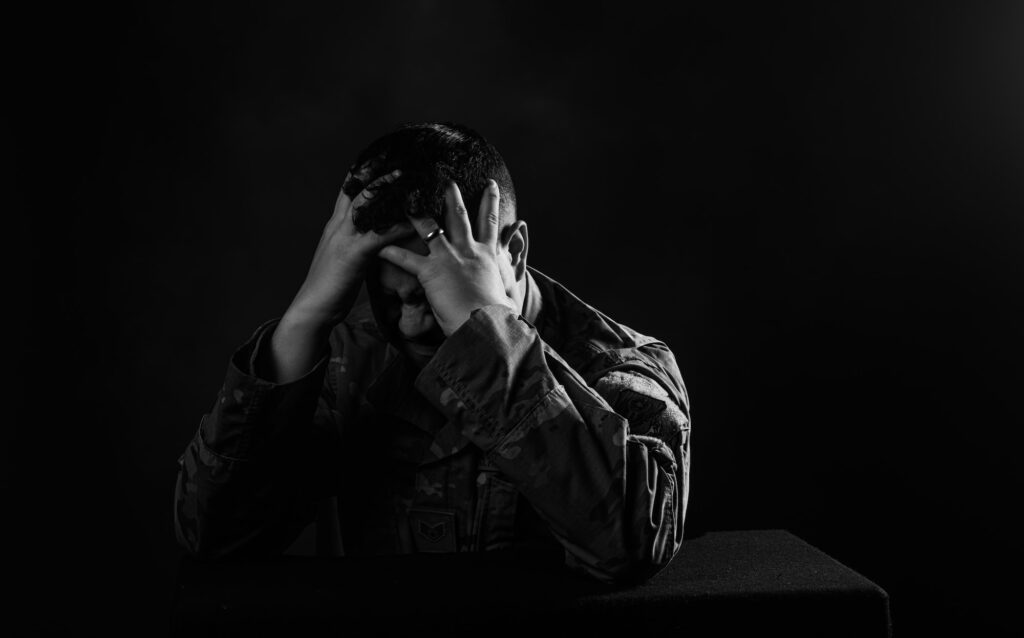In the military, moral injury can have devastating effects on the mental health and well-being of service members. It occurs when individuals are required to engage in actions that go against their moral code, leading to feelings of guilt, shame, and moral distress. Addressing moral injury in the military is essential for promoting psychological recovery and resilience among those who have experienced unethical conduct. By providing education, support, and treatment options, military leaders and mental health professionals can help service members navigate the psychological consequences of moral injury and work towards healing and growth. It is crucial to create a supportive environment where individuals can openly discuss their experiences and receive the help they need.
Moral Injury in the Military: Addressing the Psychological Consequences of Unethical Conduct
What is Moral Injury?
Moral injury is a term that is often used to describe the psychological, social, and spiritual consequences that arise from having violated one’s moral code or experienced betrayal. In the context of the military, moral injury can occur when service members are required to engage in actions that go against their deeply held beliefs or values.
Unethical Conduct in the Military
In the military, service members may be asked to participate in activities that conflict with their morals or ethics. This can include actions such as killing enemy combatants, witnessing or participating in acts of torture, or engaging in unethical behavior within the ranks. These experiences can have a profound impact on the mental health and well-being of service members, leading to feelings of guilt, shame, and moral distress.
Psychological Consequences of Moral Injury
Moral injury can have a range of psychological consequences, including depression, anxiety, post-traumatic stress disorder (PTSD), substance abuse, and suicidal ideation. Service members who experience moral injury may struggle with feelings of worthlessness, alienation, and disconnection from their peers and loved ones. These individuals may also experience a crisis of faith or a loss of trust in their leadership and the military as a whole.
Addressing Moral Injury in the Military
It is essential for military leaders and mental health professionals to recognize and address moral injury in service members. This can involve providing education and training on ethical decision-making, creating a supportive and non-judgmental environment for service members to discuss their experiences, and offering appropriate mental health resources and treatment options.
Conclusion
Moral injury is a serious and significant issue in the military, with far-reaching consequences for the mental health and well-being of service members. By acknowledging and addressing moral injury, military leaders can help to support the psychological recovery and resilience of those who have experienced unethical conduct during their service.
